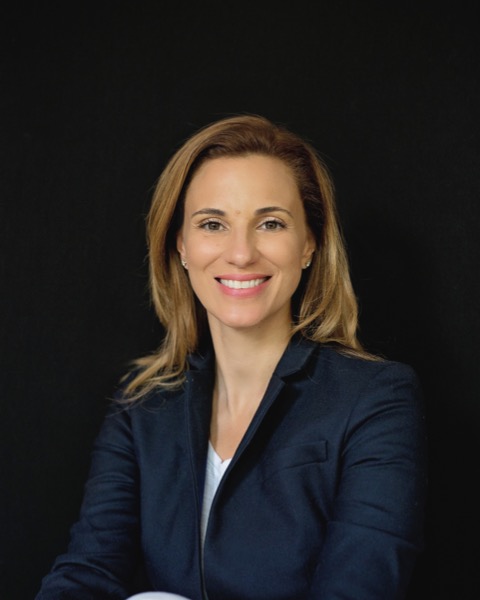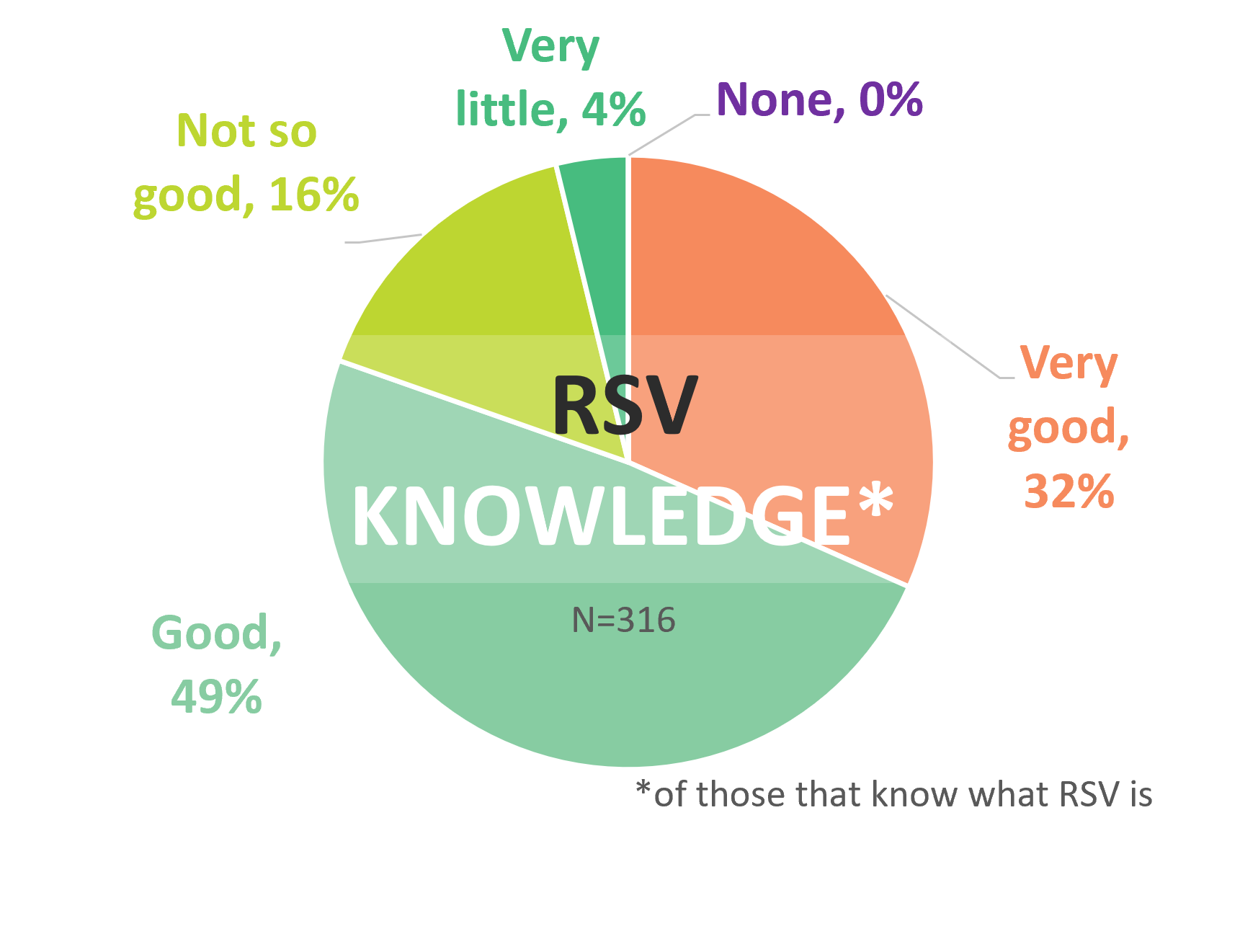Infectious Diseases
Session: Infectious Diseases 2
72 - Parental knowledge and understanding of respiratory syncytial virus (RSV) and how to decrease the risk of infection: The Canadian Premature Babies Foundation national survey 2023
Saturday, May 4, 2024
3:30 PM - 6:00 PM ET
Poster Number: 72
Publication Number: 72.1234
Publication Number: 72.1234

Fabiana Bacchini, MSc, BJ (she/her/hers)
Executive Director
Canadian Premature Babies Foundation
Etobicoke, Ontario, Canada
Presenting Author(s)
Background: Respiratory syncytial virus (RSV) causes major illness in early life resulting in an annual hospitalization rate of 6.4/1000 Canadian children aged < 2 years. Importantly, rates of RSV hospitalization are estimated to be up to 8-fold higher in preterm ( < 37 weeks gestation) than term infants.
Objective: To survey parent knowledge and understanding of RSV and its prevention.
Design/Methods: The Canadian Premature Babies Foundation (CPBF) survey was developed in partnership with RSV experts (including a neonatologist and specialist nurse) and updated from a previous survey conducted in 2020. The survey comprised 58 questions in English and was available online (SurveyMonkey) between July-August 2023, with invitations sent via email and social media.
Results: Of 331 respondents (95% female), 97% completed the survey after their child’s hospital discharge. 99% understood the seriousness of RSV, but 20% were not confident in their level of knowledge. Education was provided in the neonatal intensive care unit (NICU) to 76% (nurse: 78%; printed materials: 72%; doctor: 50%), and 99% of those who did not receive information wished it was provided. Post discharge, 59% were still unconfident of protecting their baby from RSV and 71% searched for more information (84% internet; 46% doctor; 24% CPBF website). The most effective ways suggested for the CPBF to provide RSV information were: website (66%); printed materials (60%); Facebook (57%); and, Instagram (48%). Despite 99% understanding the importance of childhood immunizations and 93% feeling confident about them, 24% still felt anxious about immunizing their baby. For RSV prevention, 65% received information about palivizumab prophylaxis in the NICU or clinic and 97% were confident about giving it to their baby (75% of babies qualified for palivizumab). Although 79% had never heard of nirsevimab due to recent availability, 75% would accept this for their baby if offered, with preference for administration before discharge home. Palivizumab was preferred over nirsevimab by 54% (reasons: 25 years of proven safety [88%]; more frequent healthcare contact [64%]). 73% were willing to accept maternal RSV vaccination. The main survey limitation was that respondents might be more knowledgeable about RSV than the general parent population due to their association with the CPBF and/or prior RSV experience.
Conclusion(s): Parents require accurate, reliable and consistent information on RSV and its prevention, which should be provided in the NICU, following discharge and via well-founded online resources.

.png)
.png)
